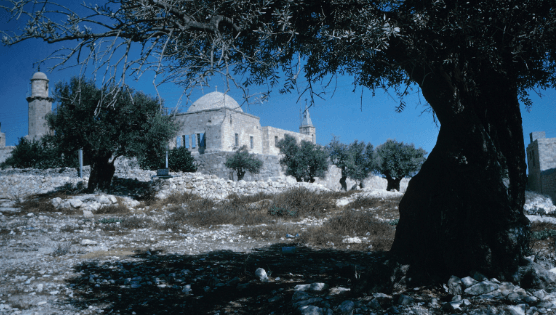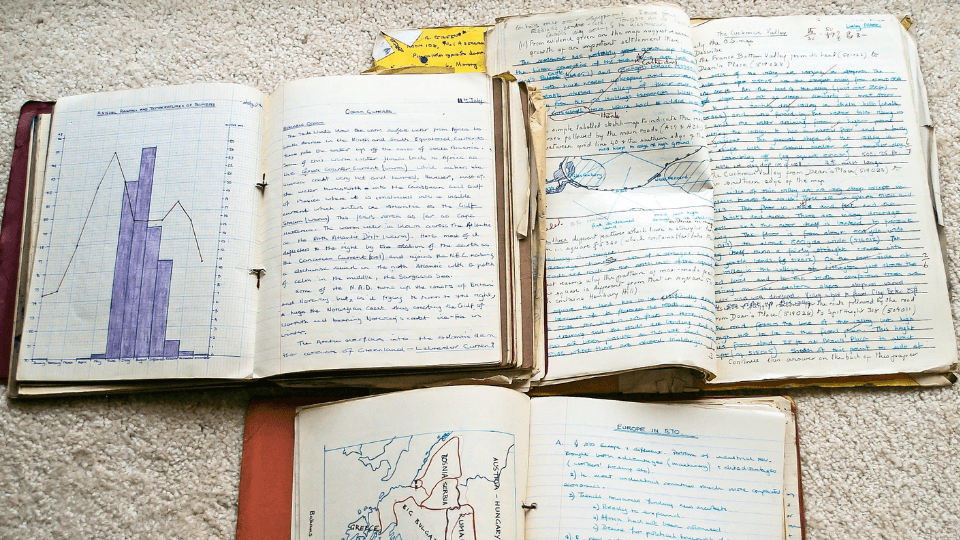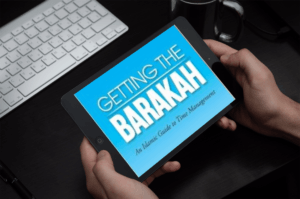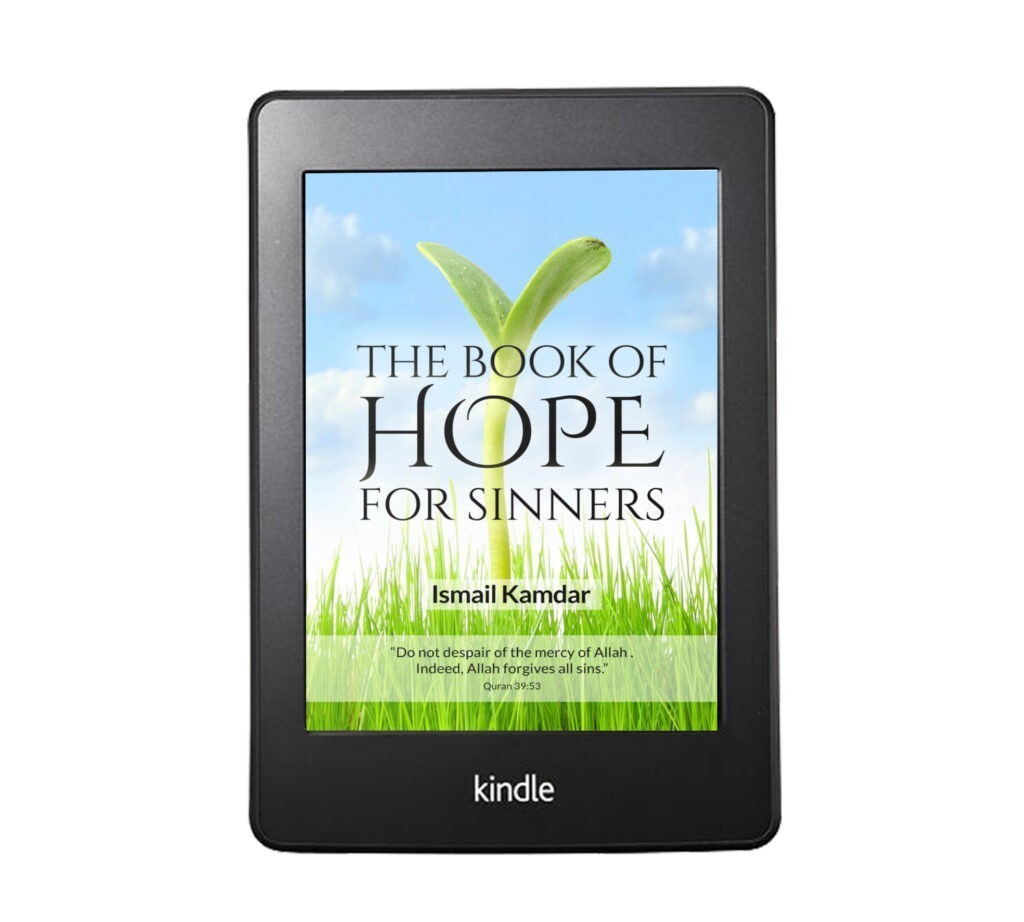Alhamdulillah, I have been writing books for over a decade now. In that period, I have produced over a dozen titles, in various languages. In a few months, I will release my next book; Productivity Principles Of ʿUmar II, if Allah wills it.
In anticipation of the launch of my latest book, I want to share a glimpse at my writing process. I hope this will inspire and assist upcoming authors to adopt productive habits that catapult them into success.
Why I Started Writing?
Let’s start at the beginning. I often get asked why I write books in an era of video and social media. Many people tell me that people don’t read books anymore and that I should focus more on video content.
I disagree with this negative attitude. It is true that there are more people watching videos than reading books these days. But books are still the most valuable resource for those who wish to study a topic in-depth. Books provide a far more immersive educational experience than a YouTube video or Instagram post.
It is very rare for someone to be truly transformed by a YouTube video. Yet every successful person will point you in the direction of a book that changed their life. Books are the lifeblood of real change, and so to make a real impact, writing books is essential.
Another reason I choose to write books is that it is a core feature of the Islamic legacy. Every generation of Muslims has produced outstanding Islamic books that people still benefit from centuries later. Imagine the reward that these authors are accumulating in the grave for producing their books. Should we too want to be a part of this legacy?
The third reason why I write is that it is who I am. Writing is a part of my soul. On the days when I do not write anything, my soul feels agitated and restless. Yet when I am writing, I enter a state of happiness, inner peace, and contentment. I believe it is because my soul is doing what it was created to do. I have been a writer from the time I was a little child. There wasn’t any point in my life in which I did not think that I will one day write a book. So it is only natural that when I grew up, I wrote and published my first book during my early twenties.
My Daily Process
I have a simple daily goal that helps me excel at writing; I write 1000 words minimum every day, besides Sundays.
It may not seem like much but in the long run, it really helps turn writing from a dream into a reality. Writing 1000 words a day is a daily goal, regardless of whether I have a topic to write about or not. This way I maintain the habit and momentum of writing every day even when I am not working on a new book.
So what do I write about?
Anything and everything. Sometimes I may write a blog post. Some days a section of a book I am thinking about writing. Some days a journal entry. And some days just absolute randomness to meet my word count. The goal is to make the habit stick for life. Because of this, I now have a habit of writing a minimum of 1000 words a day. On a good day, I may write 3000-4000 words.
Another important part of this is choosing the right time of the day to write. Morning birds may want to write first thing in the morning. Night owls may prefer to do their writing late at night. I prefer writing in the afternoon when I am in my peak performance state. So every afternoon, from 2 pm to 4 pm I work on my writing projects.
Between having a set time, during my peak performance time, and a set daily minimum, writing had become a habit of mine. Lately, I find myself writing at least 4 to 5 hours day, due to the variety of freelance writing projects I am currently working on.
Finding The Right Topic
Once I get into the habit of writing every day. Eventually, ideas start to come. Sometimes the ideas are not very good and become abandoned first drafts. Other times, they make nice topics for blog posts or articles. Eventually, at least once or twice a year, a big idea will hit me.
When it does, I just know it. I feel an excitement deep down inside, and I just know this is what my next book must be about. When that inspiration hits, the words start to flow. From that day onward, my 1000 words a day is dedicated to the book in my mind until it is completed, which usually takes between two to five months, depending on size and the amount of research needed.
Getting It Done
Once I have my idea for a book, I have a system that makes writing the book much easier. First I write out my idea in as much details as possible, writing it in S.M.A.R.T. goal format. For example, for my next book, I set my goal as; A 350-page book deducting personal development lessons from the life of ʿ Umar II, which I will publish in December, in shaa Allah.
The goal is;
1) Specific: deducting personal development lessons from the life of ʿUmar II
2) Measurable: 350 pages
3) Actionable: 1000 words a day
4) Realistic: I have knowledge about both the life of ʿUmar II and personal development.
5) Time-Bound: Will publish it in December 2019
With my goal crystallized in such details, I then work on my first draft. I also have a detailed system for producing my first draft. I first make a list of chapters. Then I make a separate section for each chapter in the draft file. I then write a few points in each chapter to give me an idea about what I want to write in it.
After that, it is simply a matter of showing up every day, looking at the chapters in my file, deciding which one I want to write, and then turning each of those points into sub-section. I do this for 1000-2000 words a day. Within two months, the first draft is ready. Then editing begins. Within six months, the book is ready for publication, Alhamdulillah.
Building Upon Past Experiences
An important part of my writing process is building upon past experiences. With each book I write, I take note of what worked and what didn’t. I read all the reviews, especially the negative ones and take notes accordingly. I then analyze all the feedback together and work out areas in which I can improve.
If the area of improvement requires training, I take an online course or read a book on the topic. If improvement just requires practice, I use my 1000 words per day to practice for the next month. My goal is to become a better author with each book I write. There is always room for improvement, so I take all feedback seriously, and work daily at becoming a better author.
But I am still working towards my dream
I wrote my first book in 2009. In 2014, I had a dream; I want to be a full-time author. I did not realize how long it takes to make a dream a reality. In 2019, I am halfway towards my goal. These days, I spend half my days working on various writing projects. These include freelance projects, my books, my blog posts, and my online courses. Together, these contribute to around 50% of my monthly income, sometimes more.
To be halfway towards a goal after five years is not bad. It is actually a good thing. It means with a bit more effort, continuous improvement, more books, and some good ideas, I can eventually attain my dream, with Allah’s Help and Permission.
My dream is to spend the rest of my life writing beneficial books and articles, without needing to worry about money. I have one small request; make dua that my dream comes true.
If you want to learn more about my writing, self-publishing and sales process, sign up for my self-publishing online course by clicking here. Over 100 students have studied the course already, and many are already on their way to fulfilling their writing dreams too. Click here to join the course.








